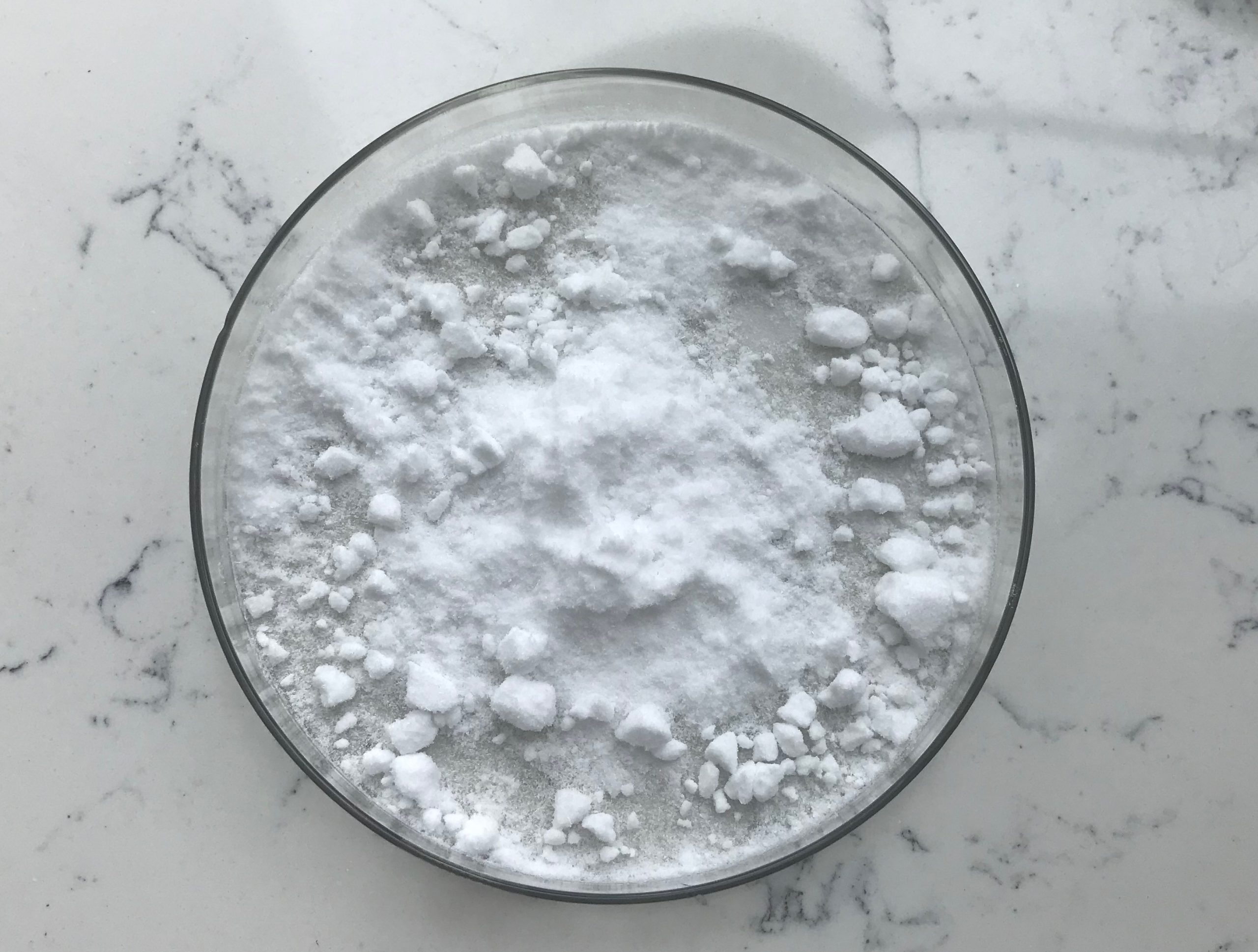WS-23, also known as N,2,3-Trimethyl-2-isopropylbutanamide, is a cooling agent commonly used in various consumer products, especially in the food and beverage industry. It’s used as a cooling agent in place of menthol, particularly in products where a cooling sensation is desired without the minty flavor of menthol. Here are some of the pros and cons of WS-23:
Pros of WS-23:
Cooling Sensation: WS-23 provides a cooling sensation in the mouth or on the skin without the taste or smell of mint, making it versatile in a wide range of applications, including candies, gums, beverages, and skincare products.
No Flavor Alteration: Unlike menthol, WS-23 doesn’t have its own flavor, so it won’t alter the taste of the product it’s added to, allowing for more precise flavor control.

Stable at High Temperatures: WS-23 is stable at high temperatures, which is advantageous in the production of baked goods, confectionery, and hot beverages.
Reduced Bitterness: WS-23 doesn’t carry the bitterness often associated with menthol, making it a more appealing option for some consumers.
Compatibility: It is compatible with a wide range of ingredients and can be used in various formulations, including both water-based and oil-based products.
Cons of WS-23:
Limited Research: There is limited long-term research available on the safety of WS-23 when used in food and personal care products. While it is generally recognized as safe (GRAS) by the Flavor and Extract Manufacturers Association (FEMA), more research may be needed to fully understand its long-term effects.
Potential for Overuse: WS-23 can be overused, leading to excessive cooling effects that may be unpleasant to some consumers. Careful formulation is required to balance the cooling sensation.
Cooling Effect Variability: The cooling effect of WS-23 can vary depending on its concentration and the specific product it’s used in, which makes it challenging to predict and control consistently.

Not Natural: WS-23 is a synthetic compound and may not meet the preferences of consumers seeking natural and organic ingredients in their products.
Individual Sensitivity: Some individuals may be more sensitive to cooling agents like WS-23 and could find even lower concentrations uncomfortable.
In conclusion, WS-23 has advantages such as providing a cooling sensation without altering flavor, stability at high temperatures, and versatility in various applications. However, it also has limitations, including potential overuse, limited long-term safety data, and being a synthetic compound. Formulators and manufacturers should carefully consider these factors when incorporating WS-23 into their products, ensuring it is used in a manner that enhances the consumer experience.
